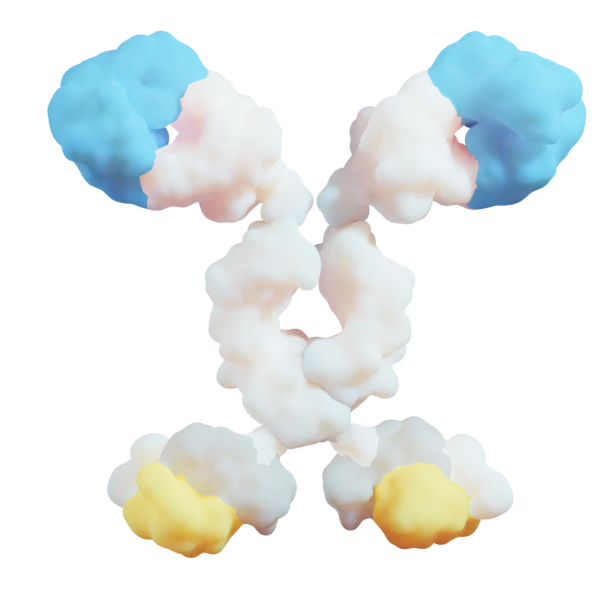Leveraging our multi specific antibody platform to target and modulate the tumor microenvironment to enhance or re-activate anti-tumor immune response.
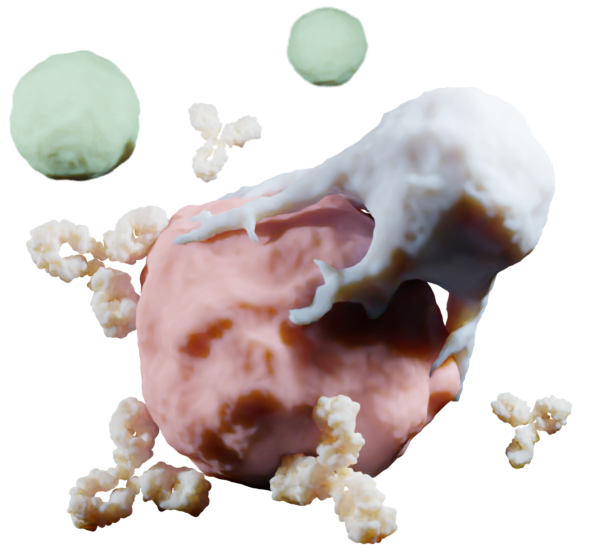
Program
Indication
Developmental Stage
Next Generation T Cell Engagers
PD-L1 Bispecific Antibodies
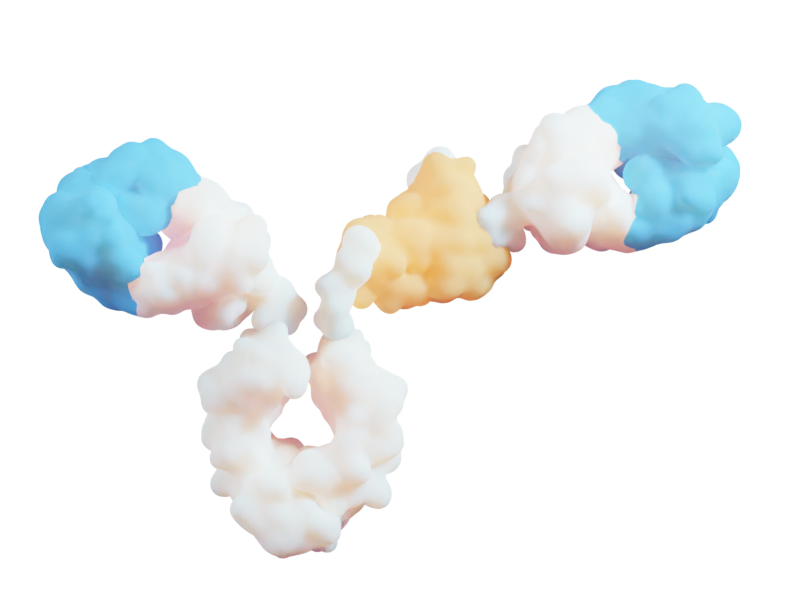
QL325 CLEC12A x CD3
A novel T cell engager targeting CLEC12A-positive AML
QL325 is a T cell engager targeting CLEC12A on AML blasts. In healthy individuals, CLEC12A expression is limited to monocytes and CD34+CD38- progenitor cells. In vitro, QL325 activated T cells in a CLEC12A-dependent manner and redirected T cells to kill CLEC12A-positive AML cancer cells. QL325 suppressed the growth of AML tumors in multiple xenograft models, including ones that are resistant to venetoclax. A phase 1 clinical trial is ongoing to evaluate the safety and early efficacy of QL325 in patients with refractory or relapsed AML.
View phase 1 interim results presented by our China partner Qilu Pharmaceutical at EHA 2024.
View preclinical data presented at the AACR Annual Meeting 2024 in San Diego.

QL335 LY6G6D x CD3
A novel T cell engager with enhanced safety profile targeting MSS colorectal cancer
QL335 targets the LY6G6D antigen on colorectal cancer cells. LY6G6D is a GPI-anchored membrane protein that is highly specific to the microsatellite stable (MSS) subtype of colorectal cancer (CRC), representing the majority of all CRC cases. QL335 demonstrated highly potent and specific killing of LY6G6D-positive cancer cells in vitro and in vivo. QL335 is being evaluated in a phase 1 clinical trial for safety and early efficacy.
View preclinical data presented at the AACR Annual Meeting 2024 in San Diego.
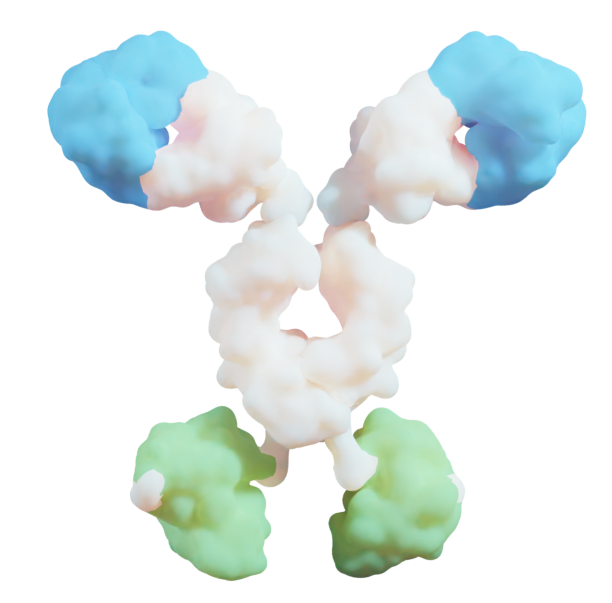
QL301 PD-L1 x 4-1BB
A bispecific antibody targeting PD-L1-positive tumors stimulates T cell via 4-1BB
QL301 activates 4-1BB only when concurrently engaged to PD-L1, an immune checkpoint mediator elevated in the immuno-suppressive tumor microenvironment. Unwanted toxicity associated with non-specific activation of 4-1BB is therefore minimized. QL301 blocks the interaction of PD-1 with PD-L1 independent of 4-1BB binding. The combination of 4-1BB activation and PD-L1 blockade promotes a robust and lasting anti-tumor immune response. QL301 was well tolerated in a toxicology study. A phase 1 clinical trial is ongoing.
View phase 1 results presented by our China partner Qilu Pharmaceutical at ASCO 2024.
View poster presented at the AACR Annual Meeting 2022.
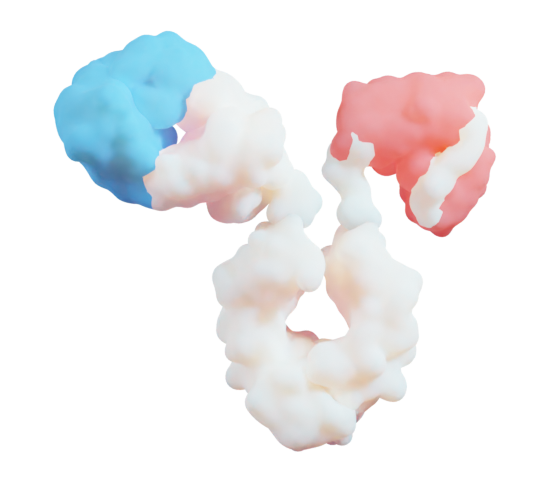
QL401 PD-L1 x CD47
Selective CD47 targeting to improve therapeutic windows
The ubiquitous expression of CD47 on normal cells, including red blood cells, presents a therapeutic challenge. Systemic targeting of CD47, by either anti-CD47 monoclonal antibodies or SIRPα-Fc fusion proteins, yielded only moderate clinical benefit due to severe adverse side effects, mainly anemia. QLSF has developed a tumor targeted CD47 bispecific antibody with reduced binding to red blood cells while retaining potent phagocytosis of tumor cells in vitro and delayed tumor growth in vivo. QL401 also blocked the PD-L1/PD-1 checkpoint, providing a secondary mechanism of immune reactivation. QL401 was well tolerated in a toxicology study without anemia. A phase 1 clinical trial is expected to start late Q4 2021.
View research article published in the journal Frontiers in Drug Discovery.
View preclinical data presented at the AACR Annual Meeting 2022.
